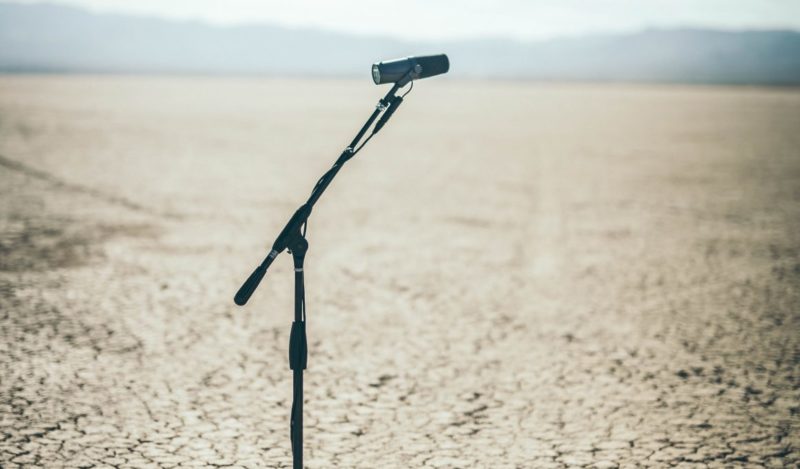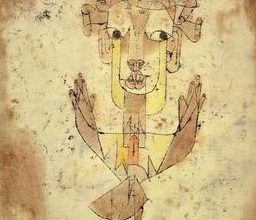The goal of the workshop was to provide oral historians with resources that have been proven in the field and useful in a variety of contexts. According to her, oral history is a very natural way to record and recall people’s catastrophic experiences. People who might not have proper tools to record their experiences still need to share their memories, emotions, and thoughts. When it comes to crises, catastrophes, and pandemics, a lot of fear can be recorded. After a short period of time (three months, in the case of 9/11), people could not make sense of what they had experienced; they just wanted to avoid fear and horror. In the workshop, she shared guidance, including how interviewers can shield themselves from an overload of trauma, construct safe environments for narrators to tell their stories, and conduct online interviews.
The oral history recording of unexpected crises is based on communities and networks. After 9/11, for example, people who did not expect such a disaster quickly got together, including individuals and groups. They figured out how to recover using communities and networks. Oral history preserves this type of memory: dialogue based on human relations, stories based on real lives, and testimony based on factual experience. Oral history can be very different from other approaches of typicality and generativity, as it is critical in terms of stories drawn from individual views of issues and events. These individual views show similarities and differences, and research can interpret how and why.
This tradition also reminds contemporary people to plan and conduct historical research in communities, which can be small villages or large cities affected by disasters and pandemics. They can do an interview with someone, record an event, or photograph moments. More generally and powerfully, history can work in the current situation to represent past crises in the context of the current one and present useful analytical questions that might otherwise be missed, such as those regarding states, media, technology, and ideas.
Don’t forget to listen on SoundCloud if you are interested in understanding how oral history works in such a pandemic crisis. In addition, look into other resources, including the newly released Working Guide to Documenting Catastrophe through Oral History, based on the 9/11 research of the Center for Oral History Research.


